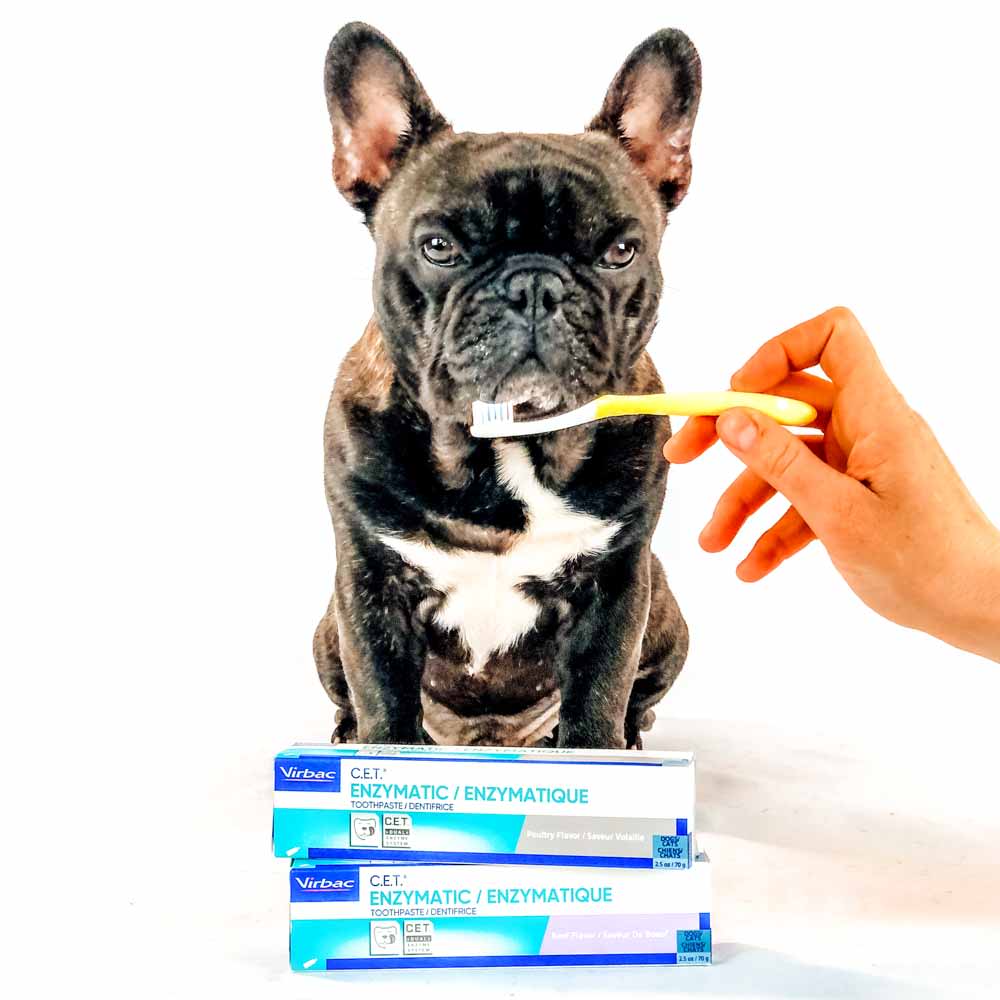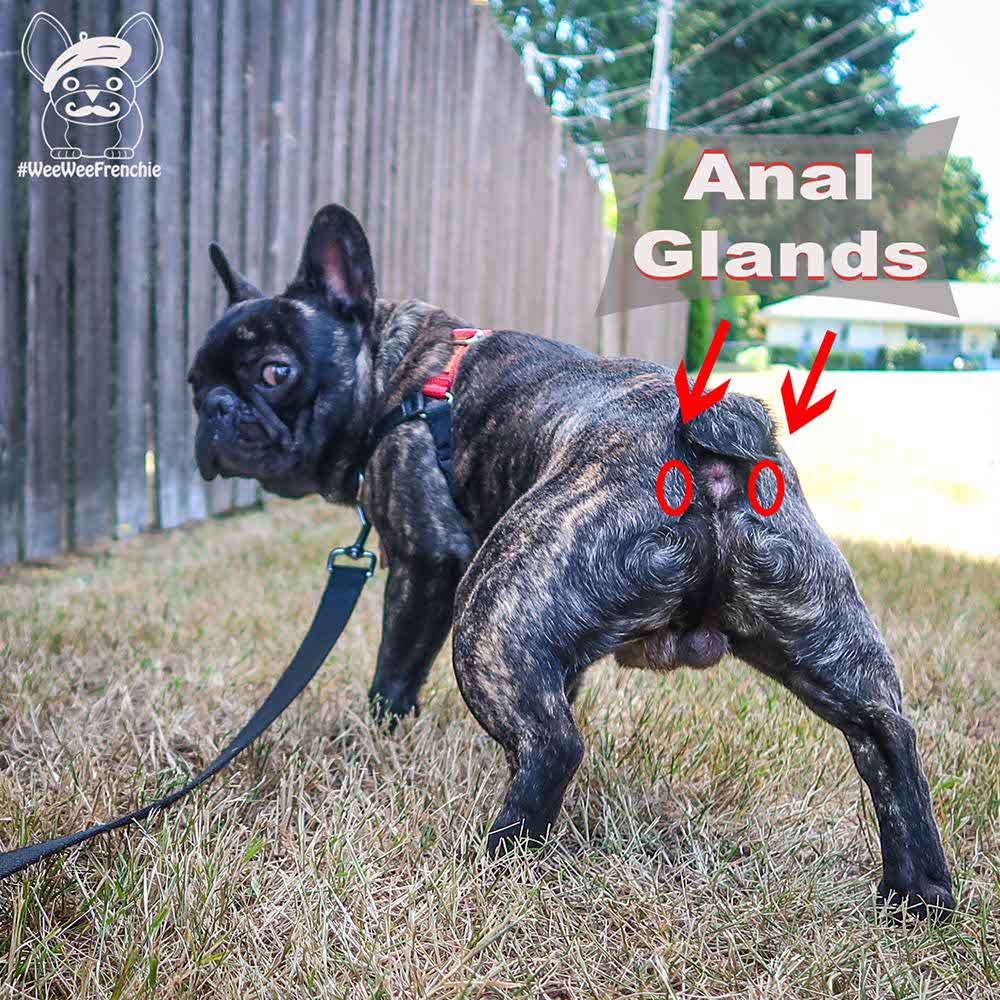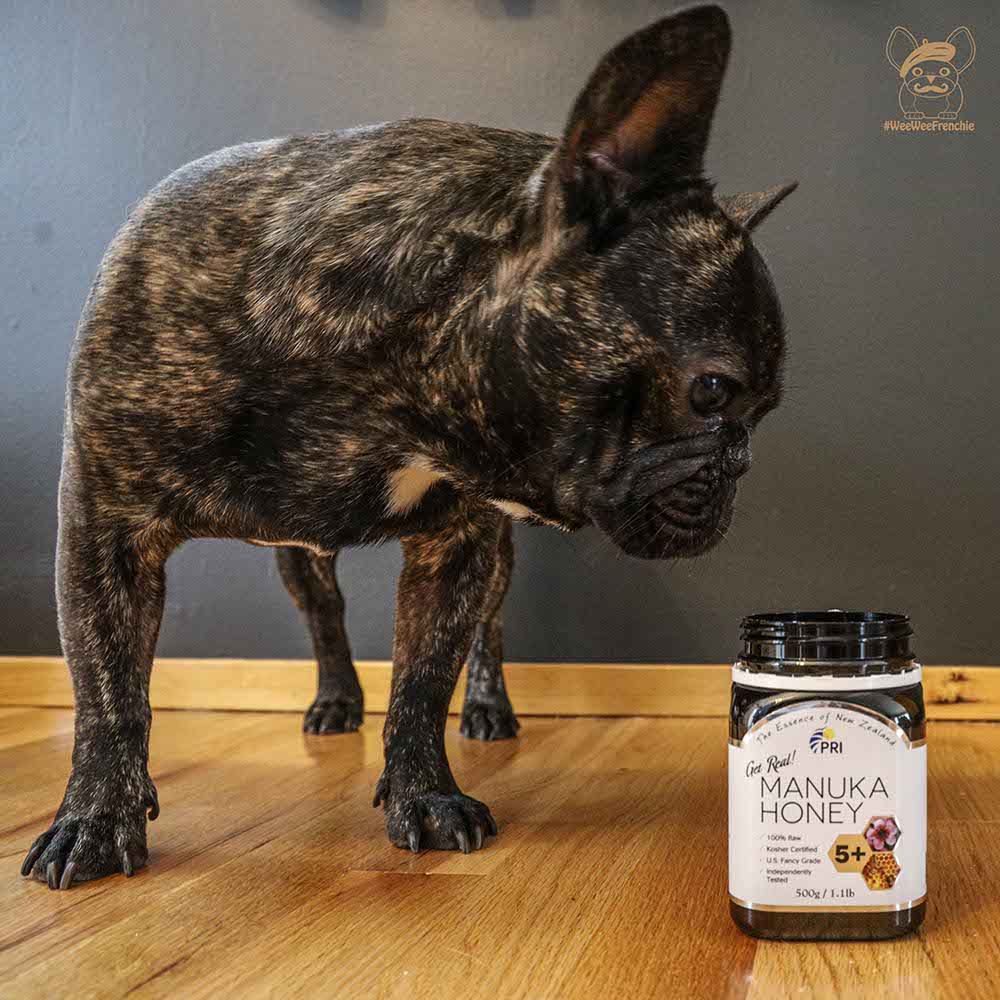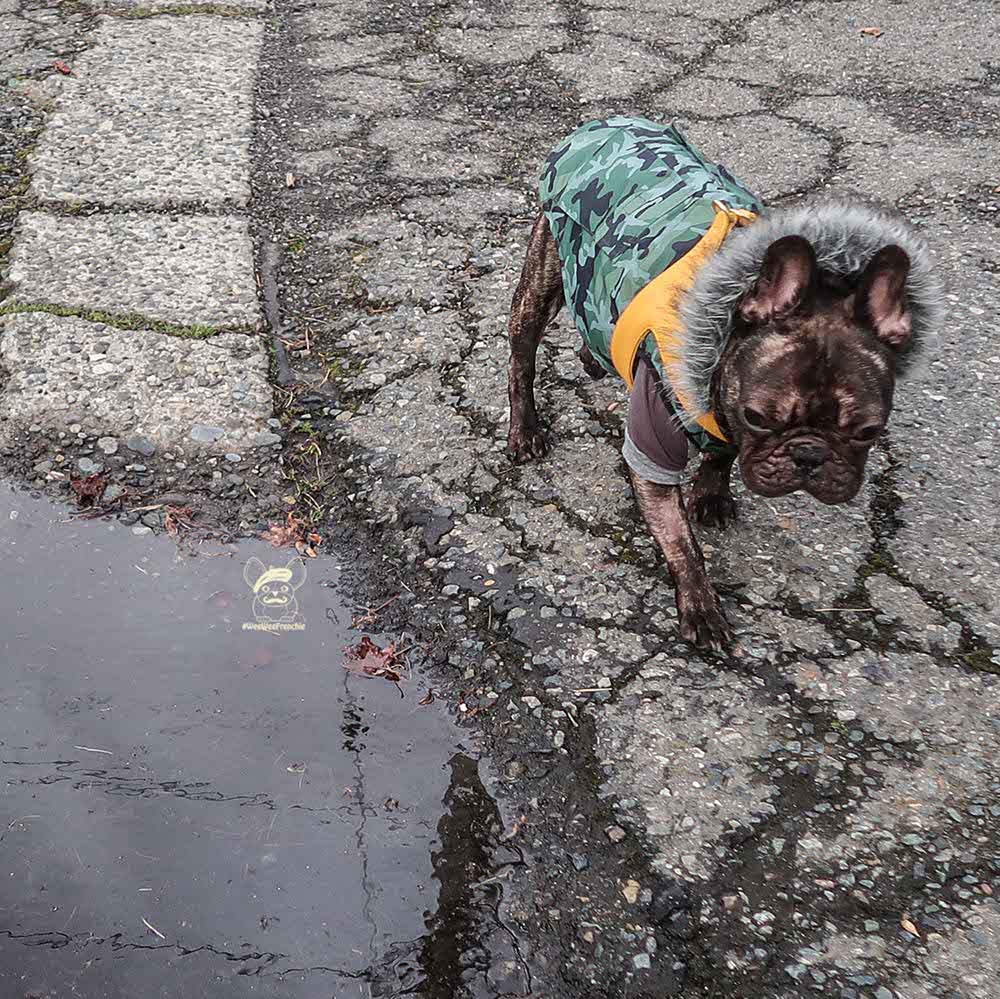How to Breathe Easier
French bulldog (aka Frenchie) is synonymous with grunts, snorts, burps, and snoring. Sometimes grunts and snorts are a form of communication by a Frenchie. Whenever I ask Phoenix or Cooper a question, they usually grunt as if they are in agreement.
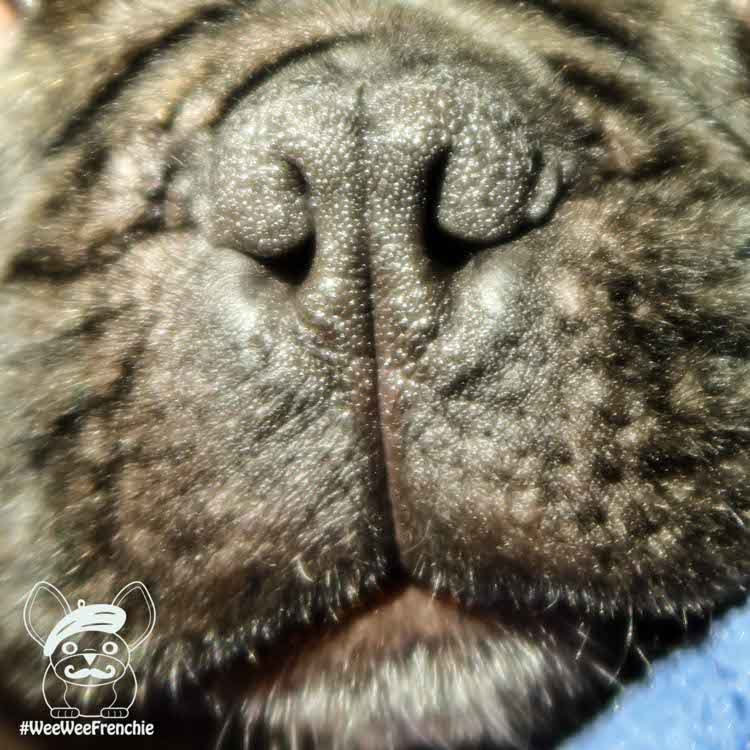
French bulldog (aka Frenchie) is synonymous with grunts, snorts, burps, and snoring. Sometimes grunts and snorts are a form of communication by a Frenchie. Whenever I ask Phoenix or Cooper a question, they usually grunt as if they are in agreement. However, excessive nasal noise is not only annoying to the Frenchie owner but what does it mean for the Frenchie?
Phoenix is still very young as he is only 5 months old; however, one thing that I have always noticed about Phoenix is his narrow nostrils, which can cause difficulty breathing. Phoenix does not exhibit labored breathing, nor is he breathing with an open mouth but he sometimes breaths like he is snoring. His snoring sounds usually happens when he is relaxed, snuggling in his bed, and watching the world go by. Bottomline, he exhibits loud breathing mostly in situations where he is very relaxed.
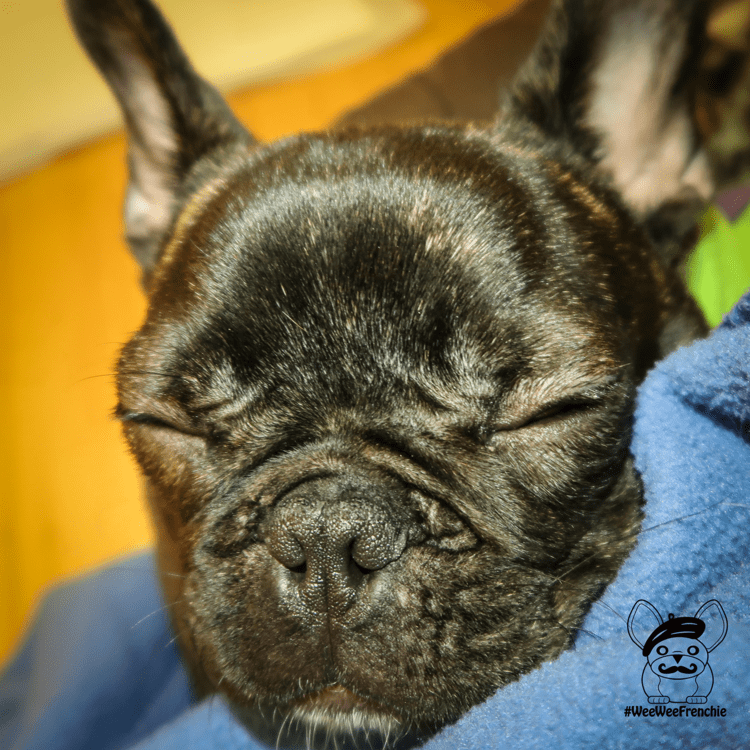
I have been watching Phoenix very carefully, especially when attending puppy class. It seems as though my dog is one of the few taking several breaks for water, to cool off and to breathe. Phoenix runs incessantly when playing with other dogs but in doing so, he usually runs with an open mouth, sometimes makes a grunting sound while playing, and he seems to overheat more easily than the other dogs. I can tell by the end of ten minutes of playtime, Phoenix's tongue is sticking out (a sign of overheating in a dog), and when approached with water, he will drink it until gone. Both breathing issues and overheating are two major episodes that every frenchie owner should be monitoring since these issues are common in brachycephalic (short-snouted) dogs.
Since Phoenix is still young, I question if he will outgrow his breathing issues but then I also think about how common nare surgery is in Frenchies. Almost every Frenchie owner I know has encountered breathing issues in their dog and decided to proceed with getting nare surgery. Surgery is always a last resort but usually necessary to enhance breathing and overall health in a Frenchie.
Narrowed nostrils, also known as stenotic nares, combined with a shortened snout is double trouble for a Frenchie (or any other short-snouted dog) since it limits airflow and decreases the ability to regulate body temperature. As dogs age, breathing issues can worsen, which could possibly lead to unconsciousness due to lack of airflow. It is always best for your dog to be evaluated by a vet for the best recommendation for your dog but stenotic nares can be corrected with a common surgery where the inner corner of the nostril is removed to widen the nostril and improve breathing ability. Improved breathing ability also improves exercise tolerance, which is essential during warmer months where caution should be taken to prevent overheating in brachycephalic dogs.
Phoenix is closely monitored for breathing issues, as well as possible overheating but due to his young age, surgery is usually reserved until neutering (or spaying) to limit anesthesia in dogs. Severe breathing issues can cause overheating within 10-15 minutes of playtime to labored breathing with exercise either with or without passing out. Regardless of the situation, always be vigilant of your dog's demeanor and if he/she has signs of overheating, then take steps to give your dog a break and cool him/her off quickly.
Snoring, grunts, or snorts, although cute, can be a sign of a more serious health issue. Make sure to know the difference between a typical Frenchie snort and labored breathing in order to provide the best care to your dog. Some breathing issues, like snoring, is typical in a Frenchie but labored breathing, short playtimes (before needing breaks due to overheating), or needing excessive water, could be signs that your pups breathing issues are more serious. Again, consultation with a veterinarian is always best to know if your dogs situation needs surgery to correct.
To your dog's health!

